Collective economy (KTTT) is a diverse form of cooperative economic organization, developed from low to high, including: Cooperative groups, cooperatives, cooperative unions... In recent years, Quang Ninh province has always paid attention to and implemented many policies, mechanisms and strategies for developing KTTT. KTTT has gradually developed strongly and achieved many encouraging results, contributing positively to the implementation of national target programs on new rural construction, sustainable poverty reduction and socio-economic development in ethnic minority and mountainous areas.

To facilitate the development of the collective economy, in July 2023, the Provincial People's Council issued Resolution No. 155/NQ-HDND on a number of key solutions to support enterprises, cooperatives, and business households to improve production and business efficiency and sustainable development. The province continues to accompany and provide maximum support for cooperatives to proactively adapt to the new situation, stabilize production and business activities, and improve competitiveness. At the same time, prioritize preferential credit sources, promptly meet the legitimate and legal borrowing needs of cooperatives; simplify procedures, create conditions to improve access to bank credit capital to unlock resources for cooperative development.
The province has increased, attracted, and mobilized cooperatives and investment groups to develop linkages along the agricultural product value chain. Currently, the province has 40 linkage chains with 26 cooperatives participating. Many cooperatives have linked with enterprises to consume products, such as: Binh Duong Agricultural Service Cooperative (Dong Trieu Town) linked with OISY Company Limited to invest in the production and consumption of potatoes with an area of 40 hectares; Hoa Phong High-Quality Service Cooperative (Dong Trieu Town) linked with Mao Khe Coal Joint Stock Company to provide safe vegetables, rice, eggs, meat, and fish for the Company's kitchen; Quang Ninh Agricultural and Pharmaceutical Cooperative Union (Ha Long City) linked with Sachainchi Vietnam Joint Stock Company, Tan Cuong Hoang Binh Tea Company, Bao Minh Confectionery Joint Stock Company to provide raw materials, processing and cultivation techniques, and processing confectionery products...
Mr. Dang Van Giang, Director of Truong Giang General Agricultural Cooperative, shared: Previously, the Cooperative mainly grew vegetables and short-term crops but found the efficiency was not high. In November 2023, after researching and receiving support from Dam Ha district in terms of loans, training funds, seeds, fertilizers, materials, etc., the Cooperative switched to growing passion fruit on an area of over 3 hectares according to organic farming processes. The process of selecting seeds, planting, caring for, harvesting, and preserving passion fruit was coordinated by Dam Ha commune officials with the district's Agricultural Technical Service Center and directly linked with the purchasing unit, Saigon - Gia Lai Joint Stock Company, to consume the products. Passion fruit products were tested to meet the standards of not containing 570 prohibited agricultural substances, initially ensuring export conditions. Developing collective economy, creating links, and creating production chains has helped our cooperative in particular and cooperatives in the province in general create new directions, expanding opportunities for development and product consumption.
With the province's attention to developing the collective economy from support in land policies, infrastructure, science and technology, capital, trade promotion, human resource training, strengthening the linkage chain..., the number of cooperatives and cooperative groups in the province has grown stronger and achieved many positive results in production and business activities, creating effective value chain linkages. Up to now, the whole province has developed 821 cooperatives, 3 cooperative unions operating in various fields, attracting 44,377 members. The revenue and profit of cooperatives in the agricultural - forestry - fishery sector averages 850 million VND/year, the average profit is about 150 million VND/year. The whole province has 215 cooperative groups, 2 agricultural and general cooperative unions; 230 farms. The average revenue of each cooperative group reaches 850 million VND/year, the average profit of members reaches 150 million VND/year.

The formation of linkage chains has helped cooperatives operate more and more effectively, increase sustainability and develop smoothly. However, in order for linkage chains to become more and more effective and diverse, stronger mechanisms and policies are needed for this sector. Currently, in the development of linkages, cooperatives still face difficulties that need to be removed and resolved, such as: The linkage chain in cooperatives is still fragmented and loose in the form of "willing buyers, willing sellers"; awareness of people and businesses about collective economy is still low; many cooperatives are small-scale; development and management human resources in cooperatives have not met development requirements...
To continue to promote and develop the role of the collective economy in the common development, the province continues to propagate and raise awareness among officials, people and businesses about the importance of the collective economy. Departments, branches and local authorities strengthen the work of grasping and exchanging information, gradually removing difficulties, creating favorable conditions for the legitimate and legal needs of collective economy organizations; promote the replication of advanced models and typical examples, especially with cooperatives and cooperative groups operating effectively in association with sustainable value chains; strengthen cooperation, association and joint ventures in production according to the value chain of producing key products and OCOP products on the basis of applying science and technology in production; select models in various fields to participate in the digital transformation process in order to develop into typical and effective cooperative and cooperative models.
Source


![[Photo] Prime Minister Pham Minh Chinh chairs meeting to discuss tax solutions for Vietnam's import and export goods](https://vstatic.vietnam.vn/vietnam/resource/IMAGE/2025/4/10/19b9ed81ca2940b79fb8a0b9ccef539a)


![[Photo] Unique folk games at Chuong Village Festival](https://vstatic.vietnam.vn/vietnam/resource/IMAGE/2025/4/10/cff805a06fdd443b9474c017f98075a4)



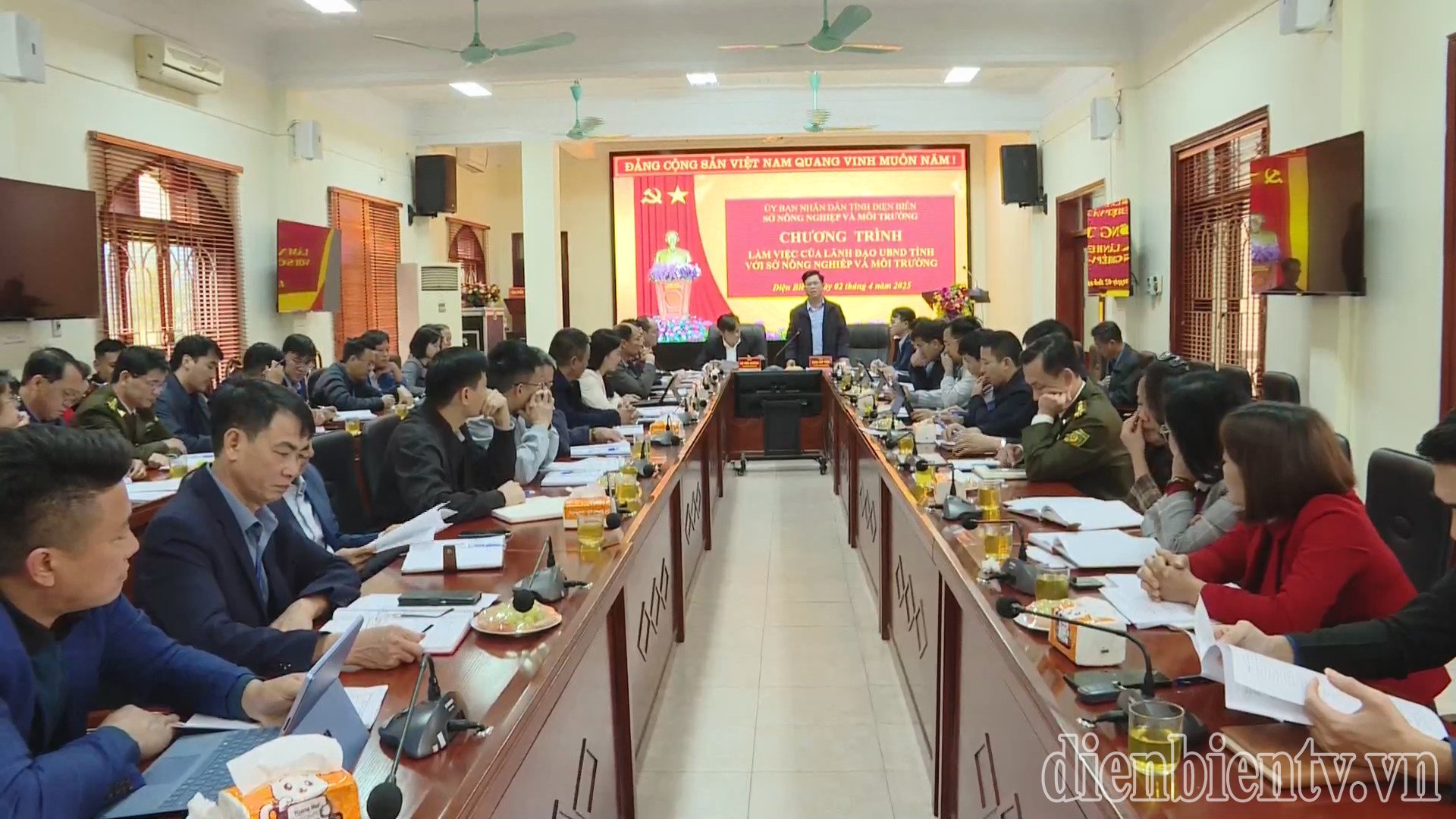

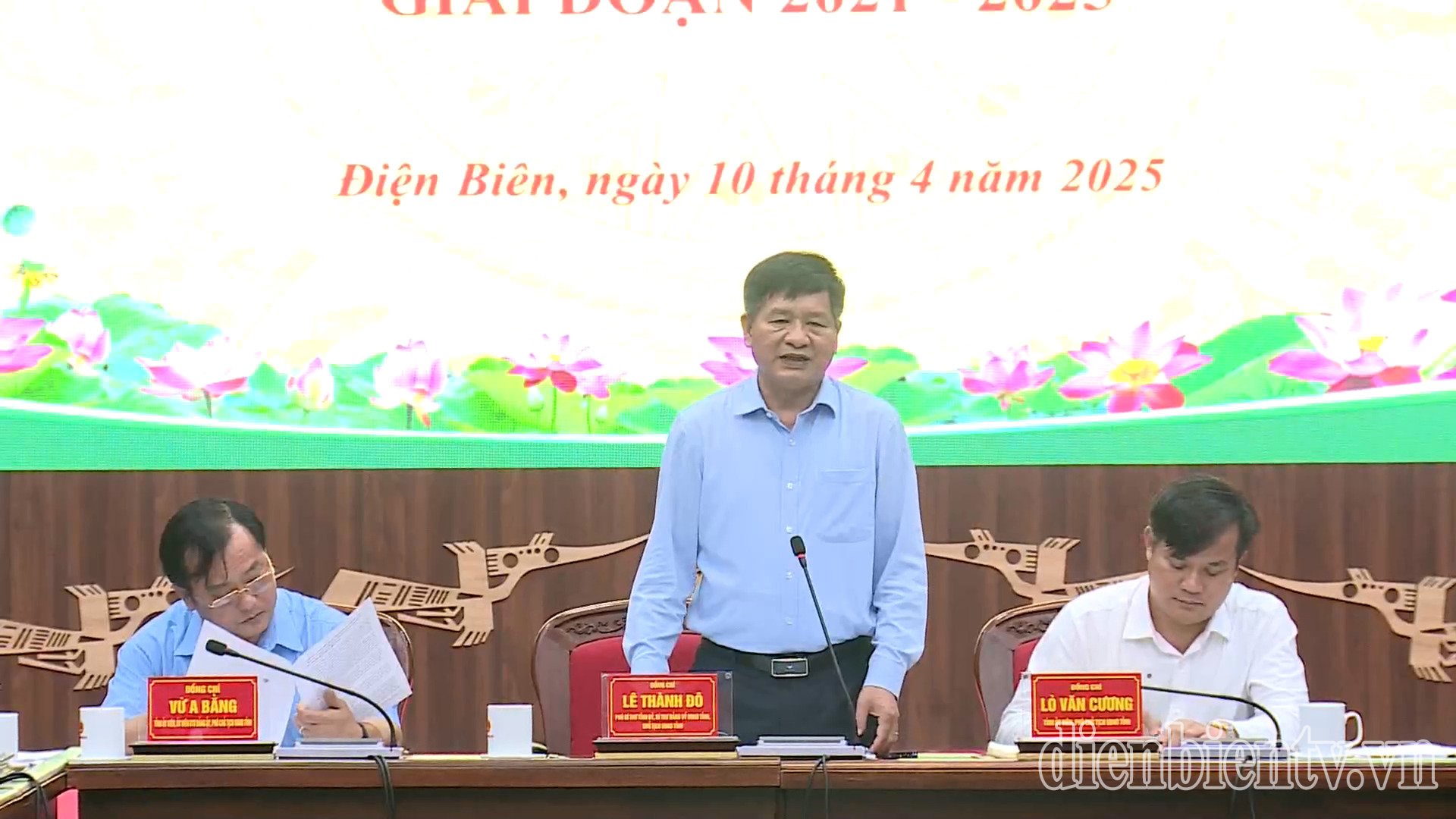
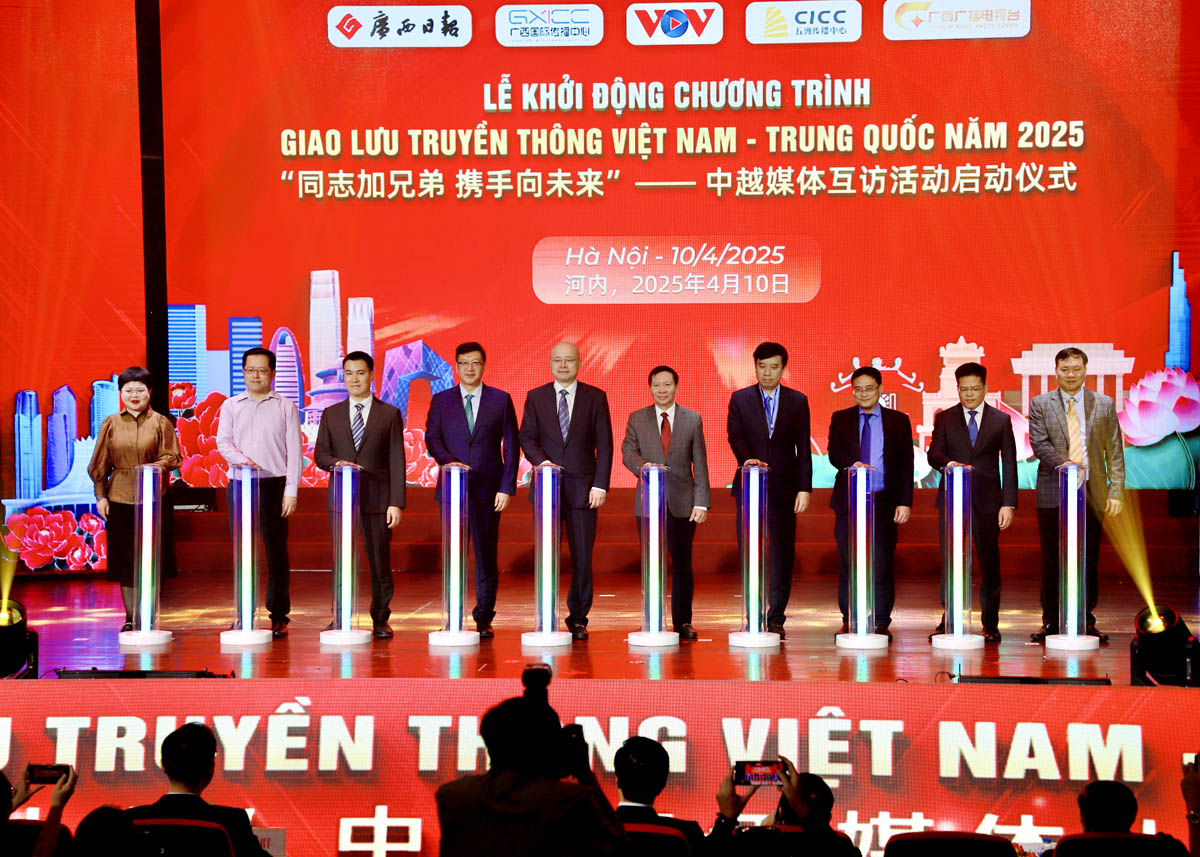

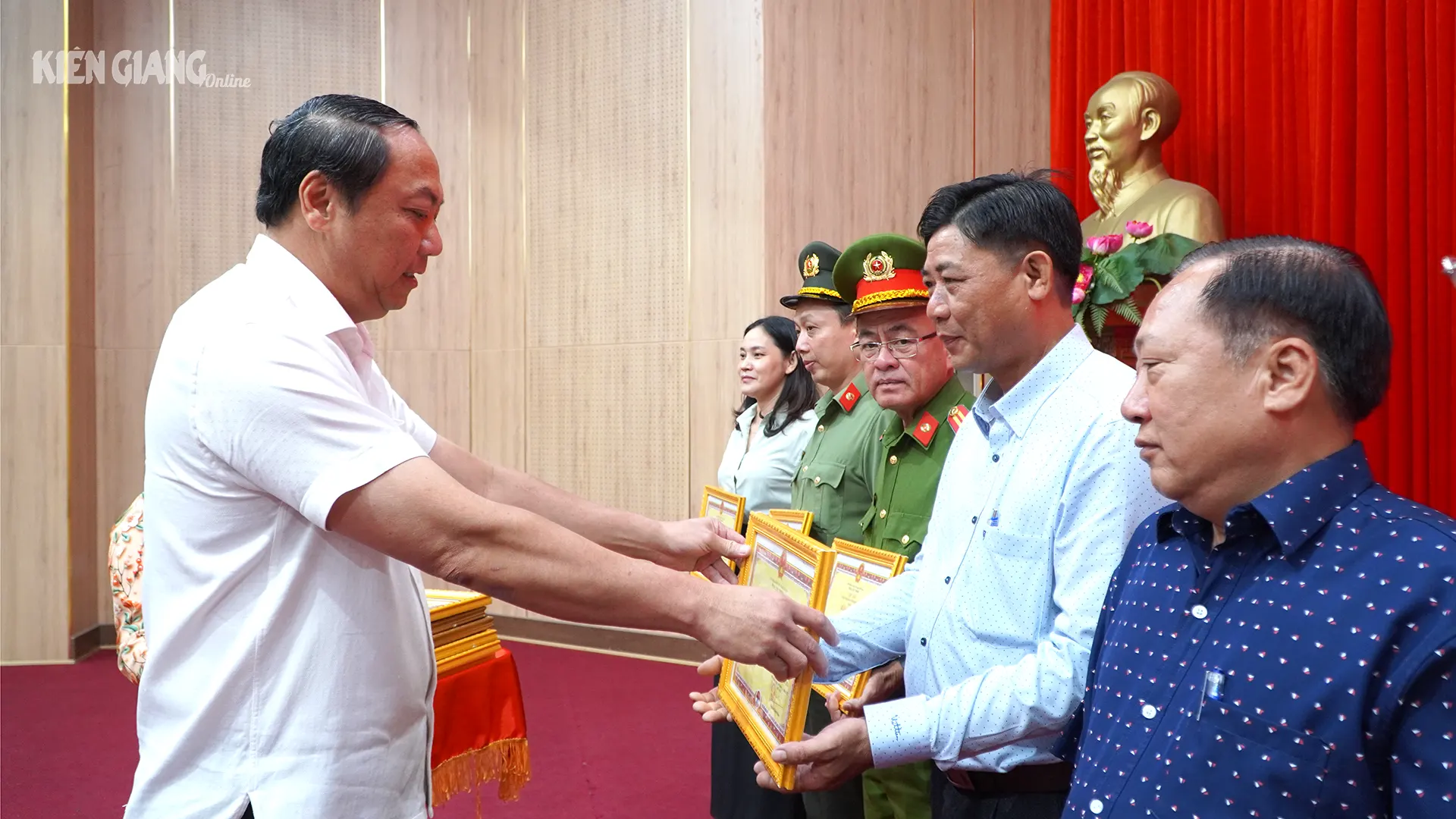
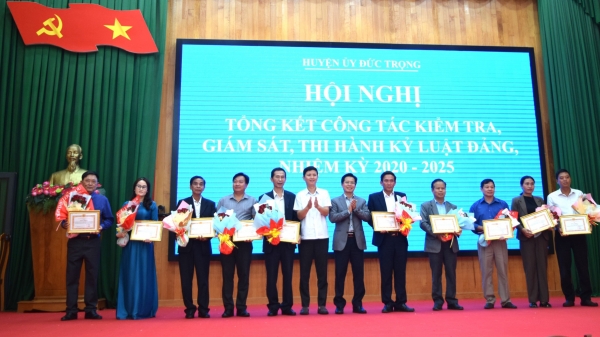
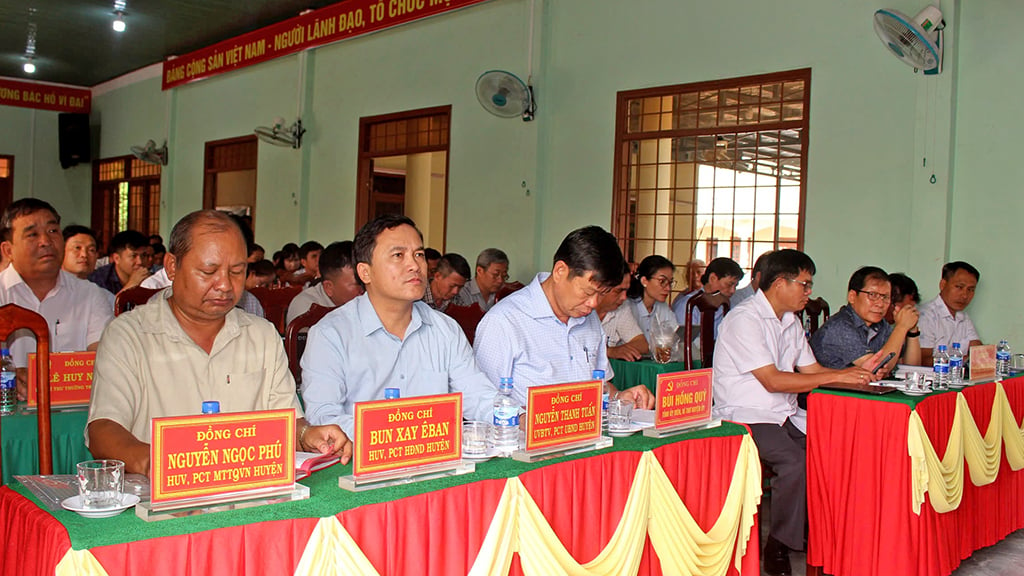
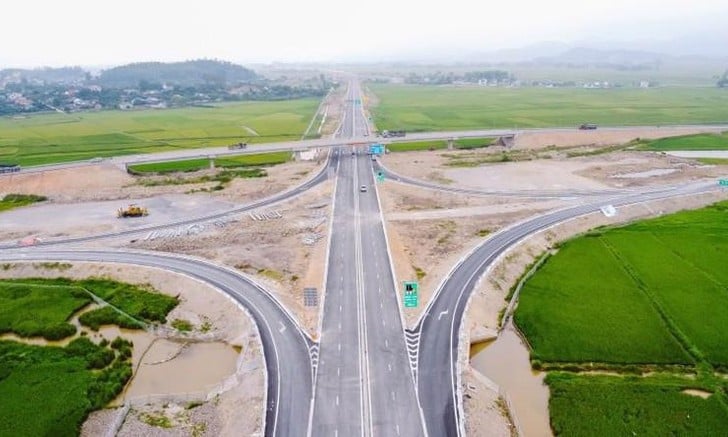
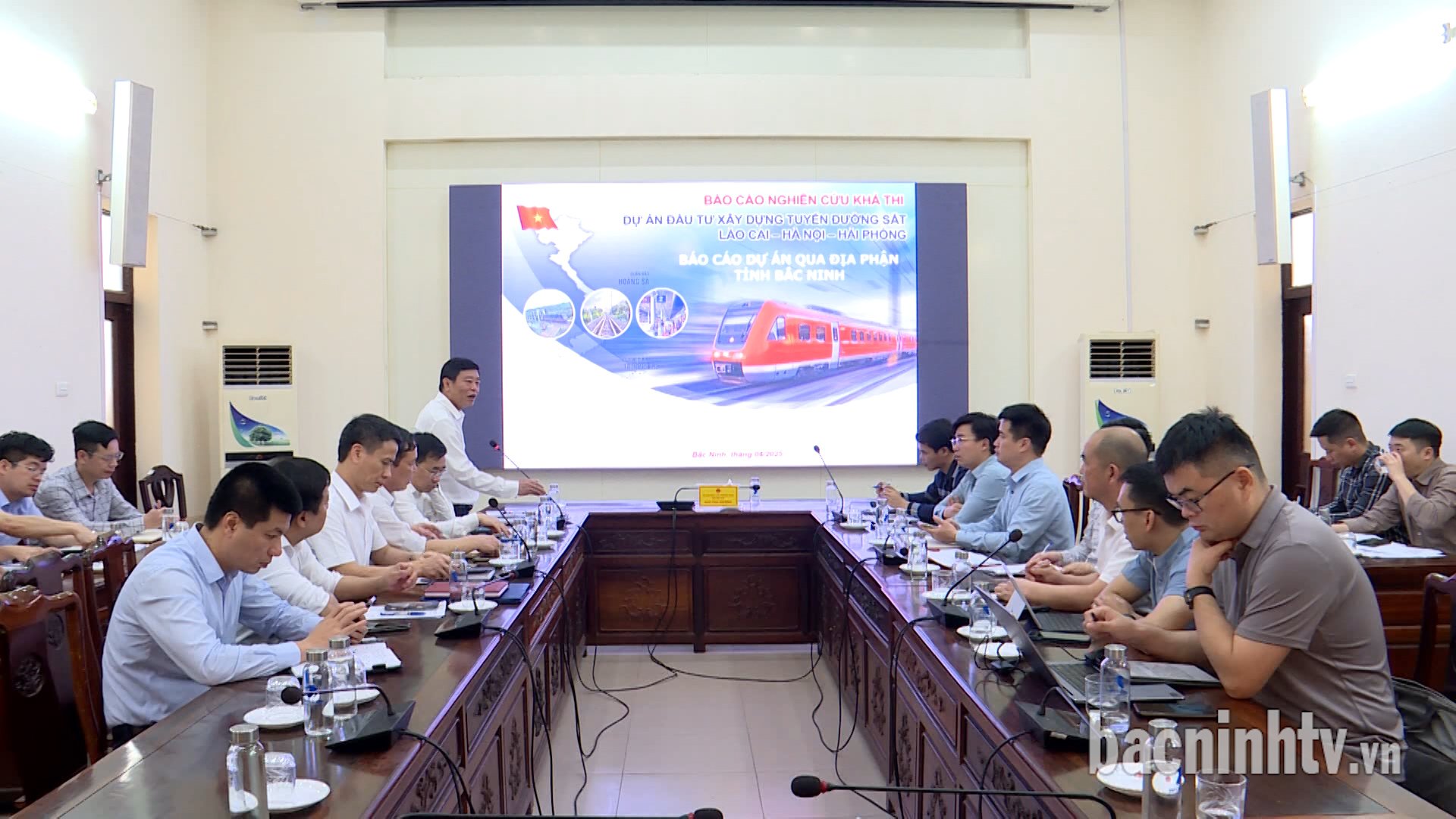
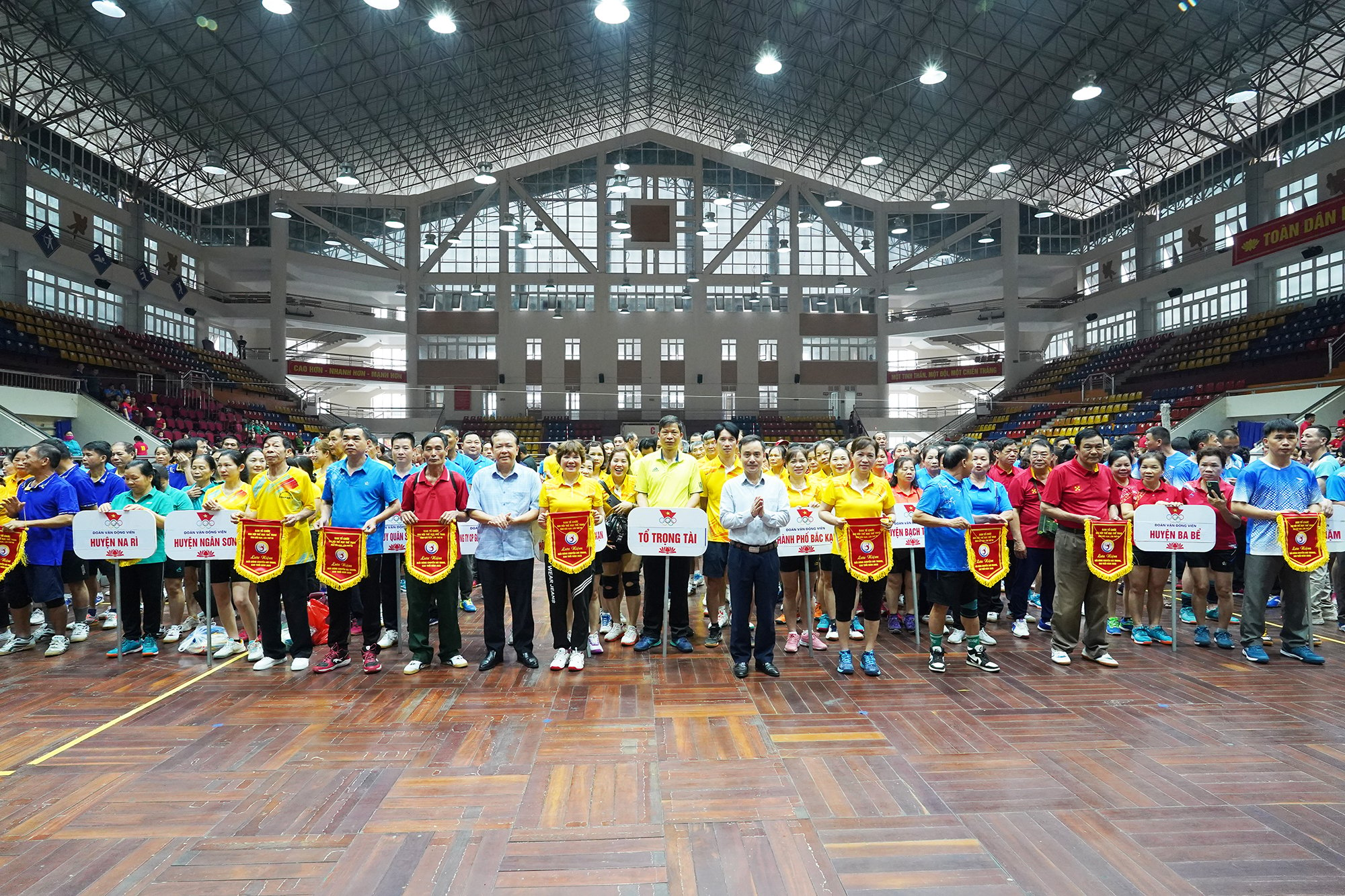




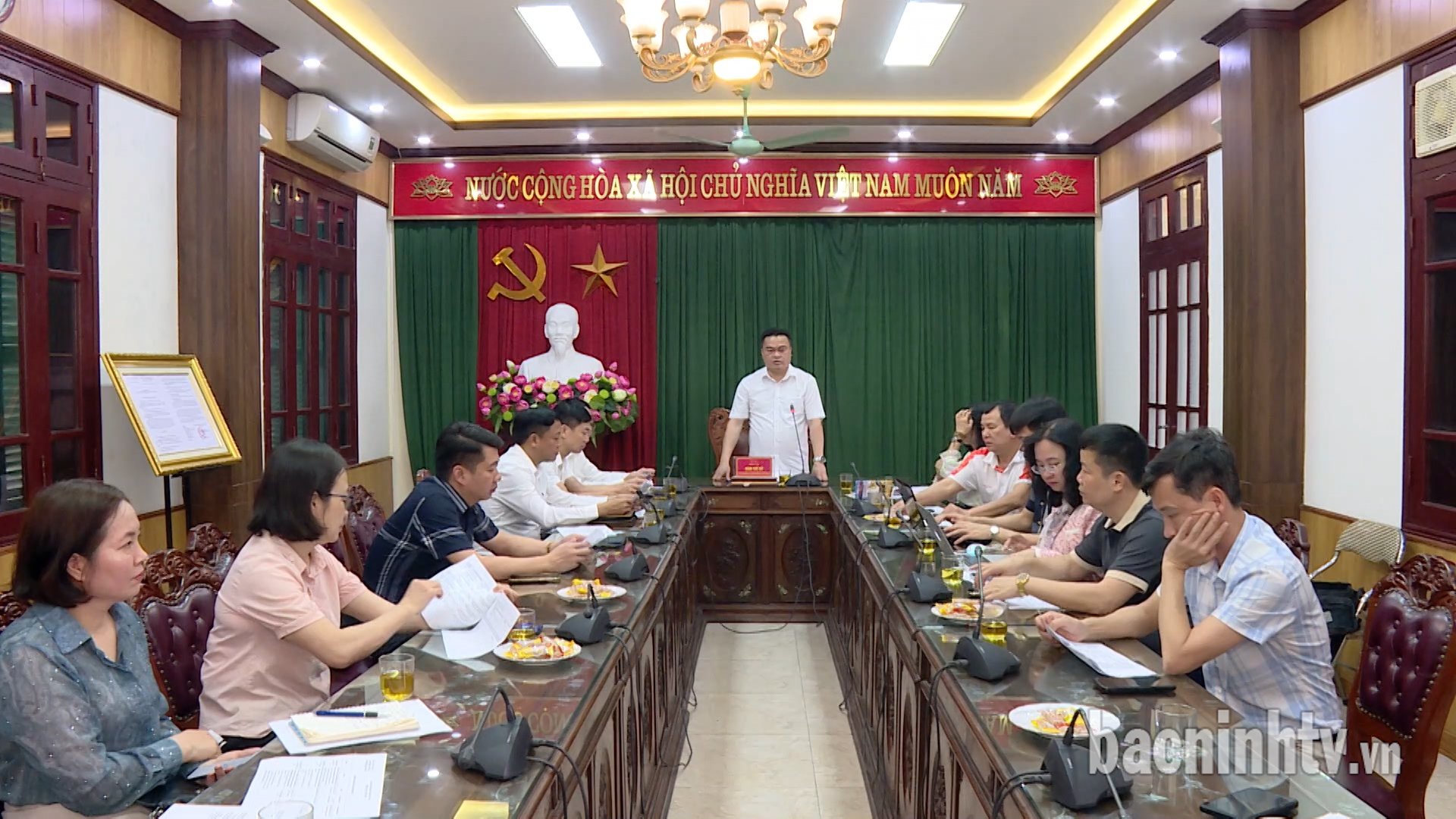
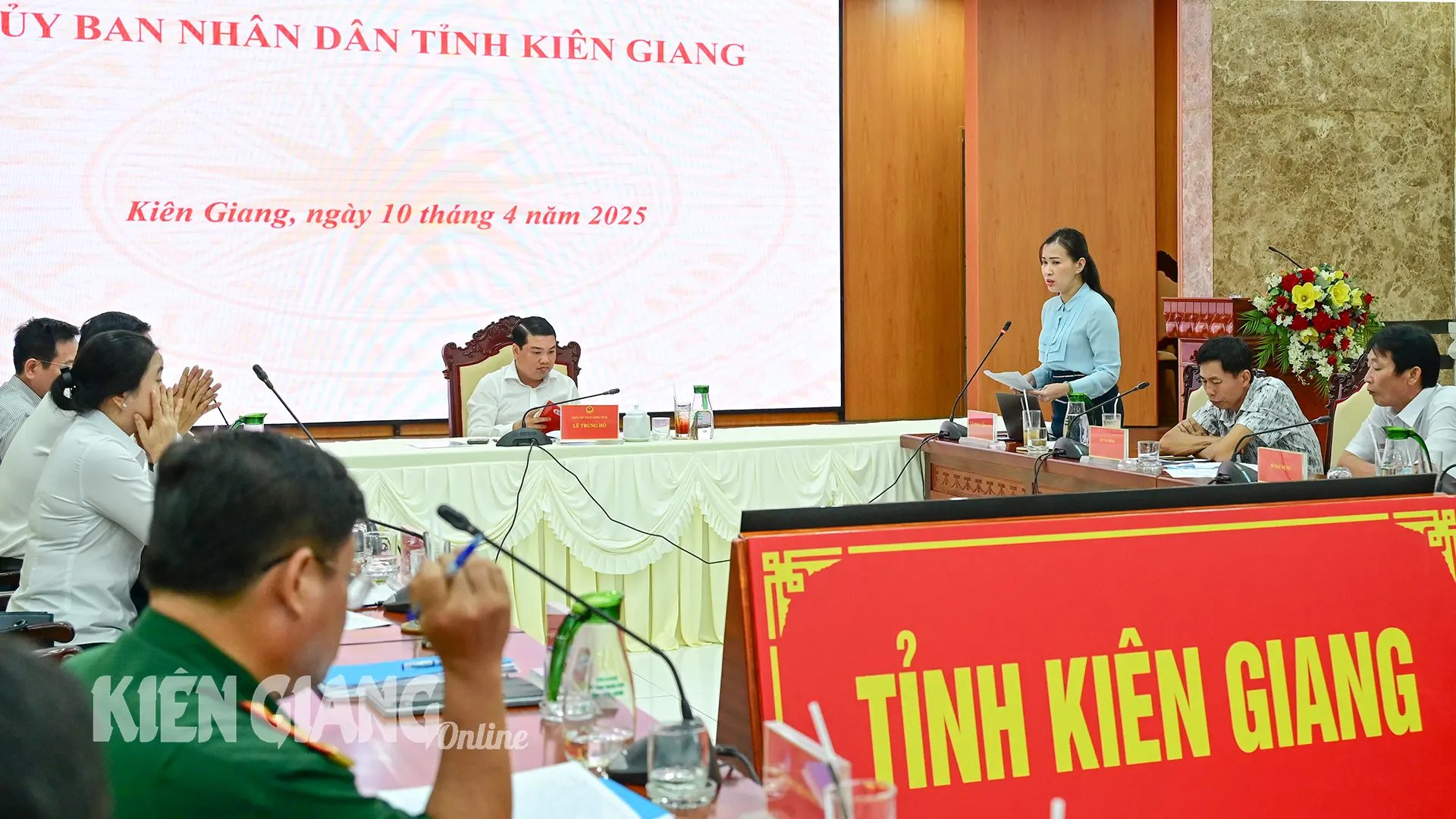
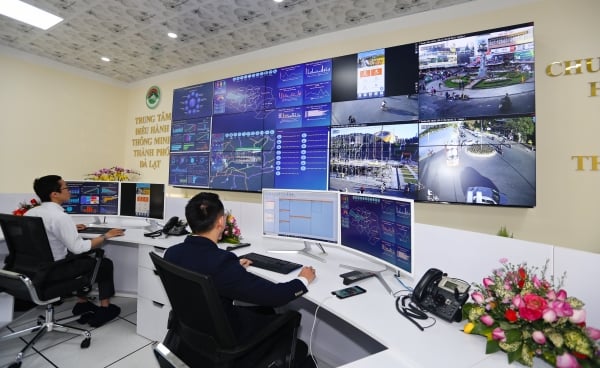
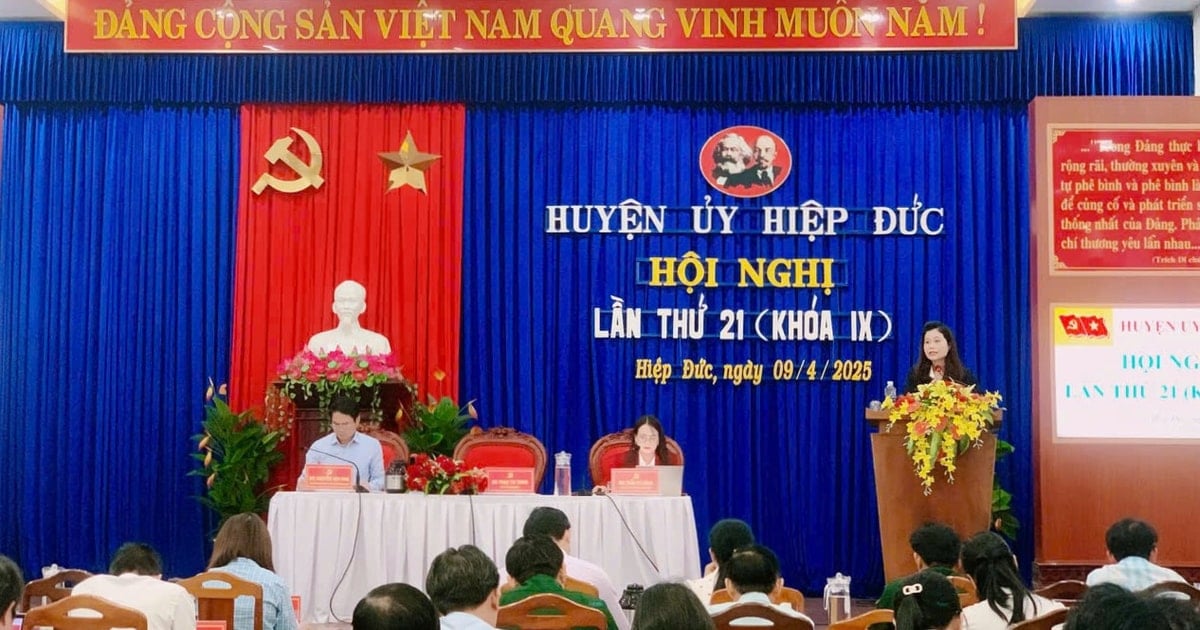
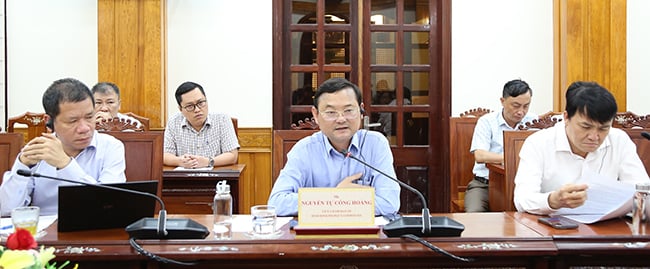
























































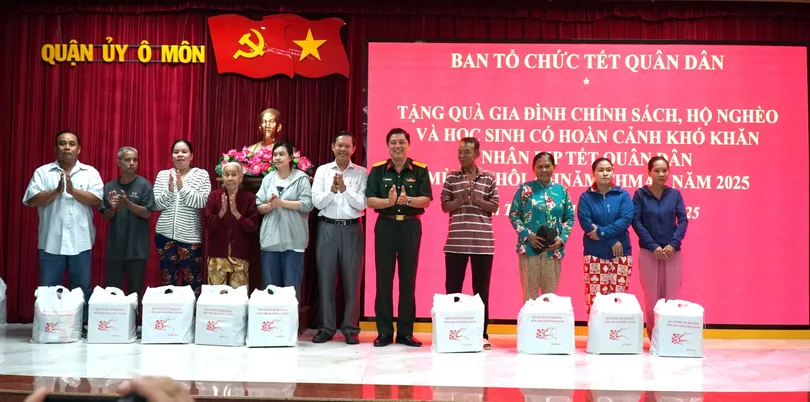








Comment (0)